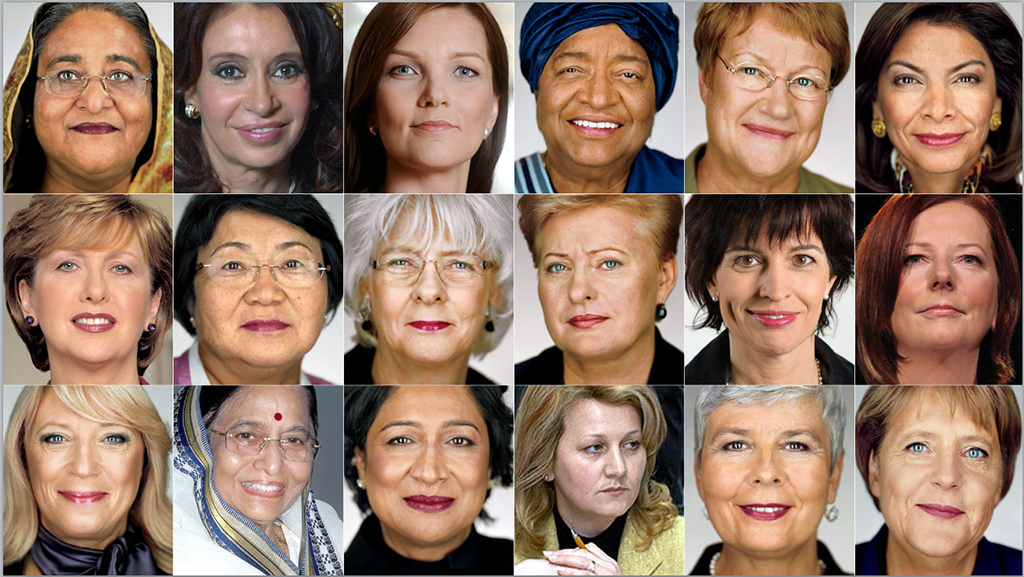The meaning of cease-fire in Gaza
The mass killings carried out by Israel in response to the large-scale Hamas attack on Oct. 7 have caused a great reaction, both in the region and around the world. As Israeli attacks continued to commit all kinds of war crimes, even some of the Western states that have been giving unconditional support to Israel began to call on Israel to stop its atrocities.
More


Türkiye’s Call for International Assistance and the International Community’s Response
Natural disasters, wars, and economic collapse tend to seriously undermine social order and make it impossible to address even people’s most basic needs. During such periods, it becomes difficult for communities to feed themselves, find shelter, receive medical attention, relocate, and communicate with others. Individuals and communities have provided emergency assistance to such individuals, without expecting anything in return, to address basic needs like food, shelter, and medical treatment throughout history.
More
It seems that, as long as France plays an exploitative role in its relations with other global and regional powers, it is destined to lose its reach on a global scale and to be reduced to a mid-sized power. It does not have the capacity to play a game-changing role on the world stage. The only chance for France is the consolidation of its position within the EU and NATO alliance. Only together with the EU and NATO can France hope to play an effective role in international politics.
France, an aggressive ex-colonizer, attempts to make up for its loss of reputation and power by starting fights with Turkey. Meanwhile, Turkey is becoming more and more competitive compared to the rest of the rising powers. Indeed, the critics of the recent improvement of Turkey’s relations with Russia are looking for new alliances to undermine the old.
Western countries have been dominating world politics for the last five centuries. Their foreign policies have been based on realpolitik, politics based on practical situations and needs, rather than on moral principles or ideas. Therefore, they can instrumentalize everything and violate basic principles of law to achieve their political and economic objectives, especially when they are stuck.
Trump not only escalated the disputes into a trade war but also extended the scope of these disputes to include some other countries, including Japan. Through bilateral talks, the dispute with Japan was de-escalated, but with China, the long and tedious negotiations did not lead to a resolution.
French Muslims accuse Macron of dividing society
It’s a joke when President Macron says ‘We are one’ while excluding Muslims, human rights activist tells Anadolu Agency
More


Looming US presidential polls focus of Istanbul panel
Michael Scott Doran of Hudson Institute and Kilic Bugra Kanat of Turkish group SETA discuss next week's elections in US
More
The COVID-19 pandemic significantly affected the standing and popularity of major economies around the world. None of the top three major economies handled the pandemic well. China, as the epicenter of the pandemic and its failure to inform the world about it; the EU, as the second epicenter of the pandemic and its failure to help member countries; and the United States, as the third epicenter of the outbreak and its failure to contain the crisis, all lost credibility.
Hagia Sophia’s conversion into a mosque sparked a debate over President Recep Tayyip Erdoğan’s political agenda. Some observers believe that the administration has a to-do list yet to be completed. That claim boils down to the idea of Turkey’s gradual Islamization. Western media outlets, too, amplified that message by speculating that Erdoğan undid Mustafa Kemal Atatürk’s legacy and revived the Ottoman Empire to bring back the caliphate. Others, out of excitement or sorrow over Hagia Sophia’s reopening, jumped on that bandwagon.
One of the most important outcomes of the COVID-19 crisis will be its impact on U.S.-China relations, according to many scholars and experts. The already-strained relations between the two countries may be up for an even more challenging period in the second half of this year.
The Donald Trump administration insists on offloading blame for the COVID-19 pandemic on China.
The current United States government, which has been remaining indifferent to global developments and has been following unilateral policies, undermined the coronavirus as long as its impact was limited to China and before it was declared a pandemic.
With no Daesh-held territories left and McGurk, Votel gone, time for the US to seriously reassess the role of CENTCOM and its policies
The terrorist attack in New Zealand against Muslims was the deadliest attack in the country's history.
On Friday, a 28-year-old terrorist targeted two mosques in New Zealand and killed 50 innocent people, including children and women.
The killing of 49 Muslims in Christchurch, New Zealand was a terrorist act of critical importance. One of the terrorists, Australian Brenton Tarrant, broadcast the massacre live on social media after posting an 87-page manifesto online.
The idealization of female leadership in politics has been debated around significant themes such as gender equality, democracy, freedom and anti-discrimination...
President Recep Tayyip Erdoğan , who also holds the position of president for the OIC Summit, paid a historic visit to Uzbekistan as an indication of recently intensifying bilateral relations between the two countries.
Although the U.N. General Assembly decision is legally non-binding, the wide scope of global opposition to the U.S. on the status of al-Quds indicates a heavy loss of prestige and legitimacy for Washington, which could translate into a loss of effectiveness in foreign policy making on the Middle East.
The EU, France, the U.K., Germany, Russia and China all declared that the American administration had taken a wrong and provocative step that could damage peace efforts and trigger widespread violence.

















